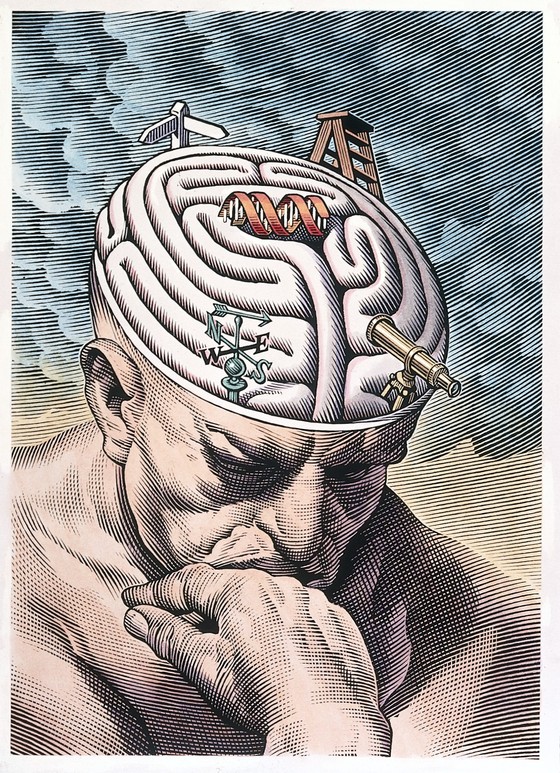
The Perfection Pill
Engineering Human Morality
M. D. Kwak
MORAL ENHANCEMENT DRUGS are, for now, in the very early stages of development – so much so that they might as well be discussed as a hypothetical. Such drugs may be utilised to alter the fundamental mechanisms of human behaviour and emotions by manipulating hormone levels, stimuli and brain processes involved in reward, stress, and self-control. A simple example of this might be a drug that increases the levels of empathy felt towards other individuals. The way through which these drugs fix the incapability problem is by altering the human psyche so that it can overcome the evolutionary and societal pressures it faces – giving it a little push towards selflessness.
If one ignores the practical issues attached to such a scheme such as the potential for malicious use and difficulties in actually developing and regulating the drug, there are massive impacts on not only the individual taker but widespread society. It can fix the angst of individuals who desperately want to become a better person but have been previously held back. It can literally change how society treats those within it and herald massive progress in helping the global poor and averting climate change catastrophe. War, violence, racism…Virtually any problem in our world can be somewhat linked to the evil and selfishness of humanity and moral enhancement drugs may alleviate such plights.
However, such benefits are contingent on the assumption that everyone will take them. First of all, an unlikely event. If millions are hesitant towards medicines that have decades of research backing it, drugs that change behaviour are unlikely to go down well in the Bryon Bay community. Further, institutions and people who are responsible for the largest cases of suffering in the world seem unlikely to gobble up the drug. Second, it raises the interesting question of consent and whether one would be able to rationally decide to take a drug that alters people in extreme ways, amidst the face of societal pressure and guilt-tripping.


Consent is an interesting issue if we consider the status quo. One may well argue that consent exists in neither world as societal pressure is rampant in both; there exists some form of moral brainwashing or education. However, for the average person, moral enhancement may very well lie in the form of drugs and even if one bears the costs of some being unable to consent, there is no doubt that the relationships between people and vast societal issues would be hugely improved. ‘People becoming kinder’ sounds corny and contrived but it can genuinely make people happier.
There is another side to unrestricted selflessness. We often idealise selflessness but as for anything, the extremes of it can be uncomfortable. Too much empathy and altruism can destroy any form of self-worth and wear down individuals who no longer care about themselves but about making sure every single person is happy and well. It would manufacture individuals of self-destruction.
Previously, I noted that there existed a problem surrounding the self-awareness of one’s selfishness but the incapability of doing anything about it. Two reasons for such a deadlock can be explained by evolution and societal influence. Drugs and brainwashing may be solutions to the respective incentives that hinder progress towards a positive re-engineering of human moral conduct.
